Alexandria
Alex is the second largest city and the second largest metropolitan area in Egypt after Greater Cairo by size and population, extending about 32 km (20 mi) along the coast of the Mediterranean Sea in the north central part of the country. It is also the largest city lying directly on the Mediterranean coast.
Alexandria is Egypt’s largest seaport, serving approximately 80% of Egypt’s imports and exports. It is an important industrial center because of its natural gas and oil pipelines from Suez. Alexandria is also an important tourist resort. Alexandria was founded around a small Ancient Egyptian town C.331 BC by Alexander the Great. It became an important center of the Hellenistic civilization and remained the capital of Hellenistic and Roman & Byzantine Egypt for almost 1000 years until the Muslim conquest of Egypt in AD 641, when a new capital was founded at Fustat (later absorbed into Cairo). Hellenistic Alexandria was best known for the Lighthouse of Alexandria, one of the Seven Wonders of the Ancient World; its Great Library (the largest in the ancient world; now replaced by a modern one); and the Necropolis, one of the Seven Wonders of the Middle Ages. Ongoing maritime archaeology in the harbor of Alexandria, which began in 1994, is revealing details of Alexandria both before the arrival of Alexander, when a city named Rhacotis existed there, and during the Ptolemaic dynasty.
From the late 18th century, Alexandria became a major center of the international shipping industry and one of the most important trading centers in the world, both because it profited from the easy overland connection between the Mediterranean Sea and the Red Sea, and the lucrative trade in Egyptian cotton. Alexandria was the second most powerful city of the ancient world after Rome.
Few cities of the world have a history as rich as that of Alexandria; few cities have witnessed so many historic events and legends.a square bottom with a central heart, a section octagonal average and above an upper section. And on the top there was a mirror that reflected sunlight during the day and used fire for the night. But it was damaged by 2 earthquakes in 1303 and 1323. The Library of Alexandria was the largest library of the ancient world and the place where great philosophers and scientists of that age came to seek knowledge. Alexandria also hosted, at the time, the largest Jewish community in the world.
Good to Know
Country
Egypt
Visa Requirements
Egypt Entry Visa is required For entering Egypt including all Cities.
Languages spoken
Arabic, English
Currency used
Egyptian Pound (EGP), Unites States Dollar (USD), Euro (EUR)
Area (km2)
2,679 km²
Municipalities
In all, Alexandria was one of the greatest cities in the Hellenic world, second only to Rome in size and wealth, and while it changed hands from Rome to Byzantine and finally Persia, the city stayed the capital of Egypt for a millennium. Alas, the city’s reign came to an end when the Arabs conquered Egypt in 641 and decided to found a new capital to the south in Cairo. (Scholars still debate if this was when the Library was finally destroyed; it is known that the Library was, at the very least, sacked and badly damaged by the Romans themselves in 48 BC, c. 270, and once more in 391.) Alexandria survived as a trading port; Marco Polo described it around 1300 as one of the world’s two busiest ports, along with Quanzhou. However, its strategic location meant that every army on its way to Egypt passed through: Napoleon’s troops stormed the city in 1798, but the British conquered it in the Siege of Alexandria in 1801. The Egyptians under Mohammed Ali took control of the city and rebuilt it, but the Orabi Rebellion in 1881 and massacres of Europeans in the city led the British to strike back and hammer the rebels with the three-day Bombardment of Alexandria, reducing much of the city center to rubble.
Once again, Alexandria rose from the ashes. Its cosmopolitan and decadent lifestyle before and during World War II gave birth to its greatest poet, Constantine P. Cavafy, and was chronicled in Laurence Durrell’s Alexandria Quartet and a series of works by E. M. Forster including Alexandria: A History and Guide (1922), described by some as the best travel guide ever written. Yet this world, too, took a shattering blow in the 1950s when Egypt’s new fiercely nationalist leader Gamal Abdel Nasser nationalized vast swathes of the economy and forbade foreigners from owning or running companies, effectively forcing tens of thousands of foreigners out of the country, including virtually all of Alexandria’s once 150,000-strong Greek community. Today’s Alexandria is a dusty seaside Egyptian town with an over-inflated population of 5 million, yet its status as Egypt’s leading port keeps business humming, and tourists still flock to the beaches in the summertime. And while much of the city is badly in need of a lick of paint, history both ancient and modern is everywhere if you peer closely enough: the French-style parks and the occasional French street sign survive as a legacy of Napoleon, one of Alexandria’s many conquerors, and the few remaining Greek restaurants and cafés still dominate the cultural scene.
Leave a Reply:
You must be logged in to post a comment.

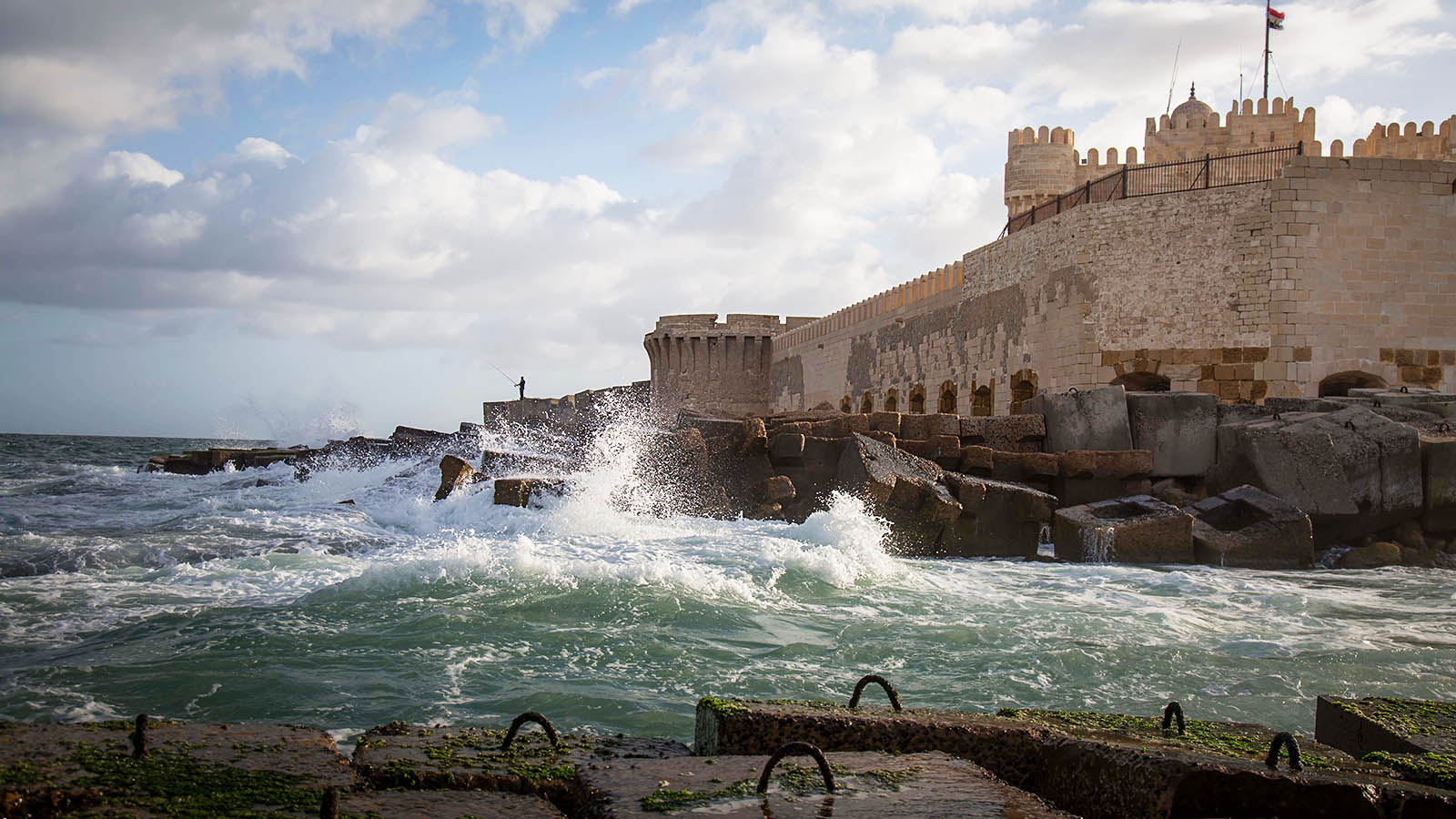
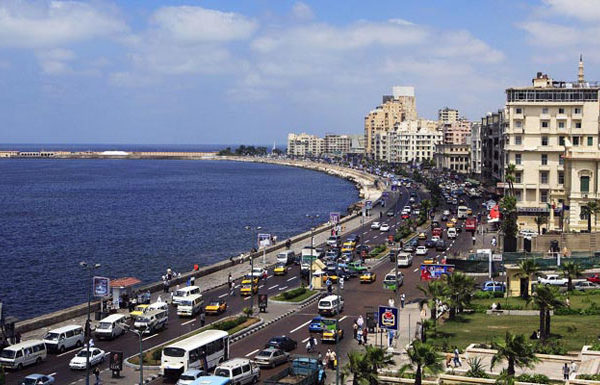

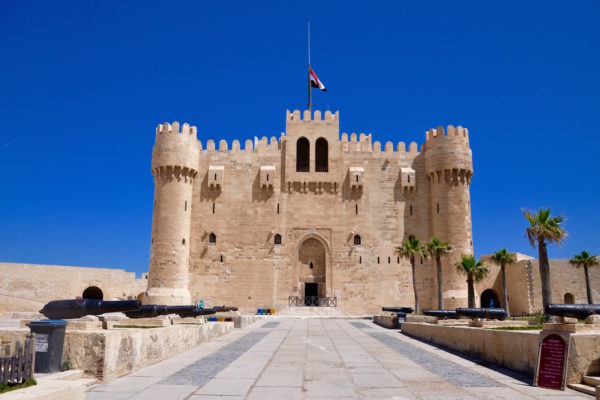
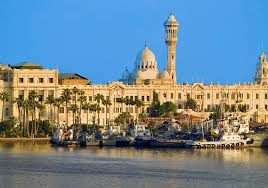
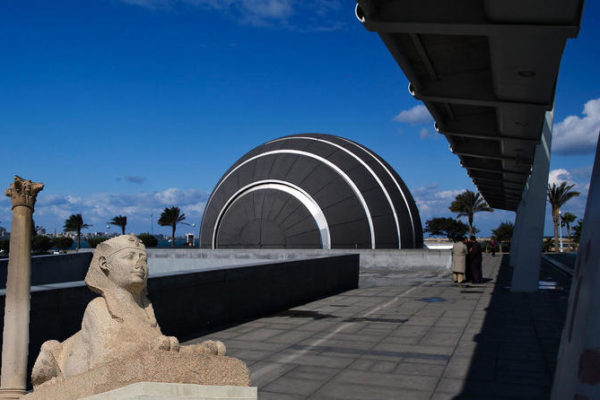



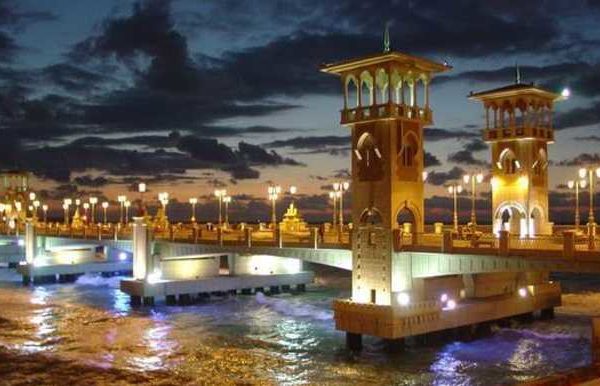
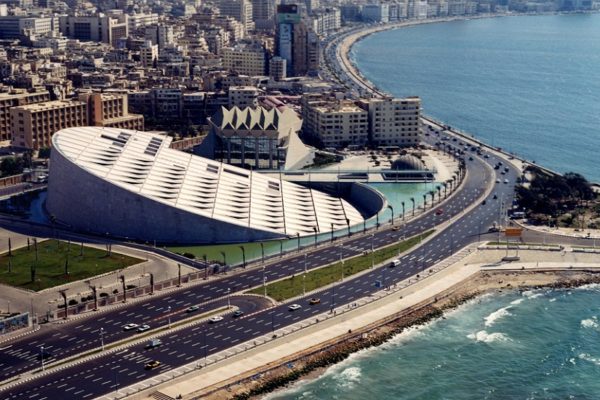
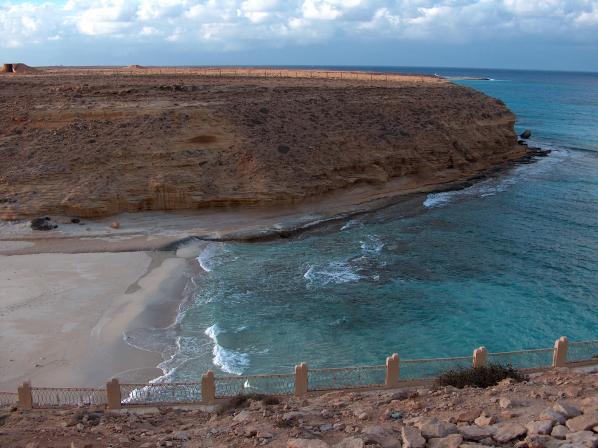
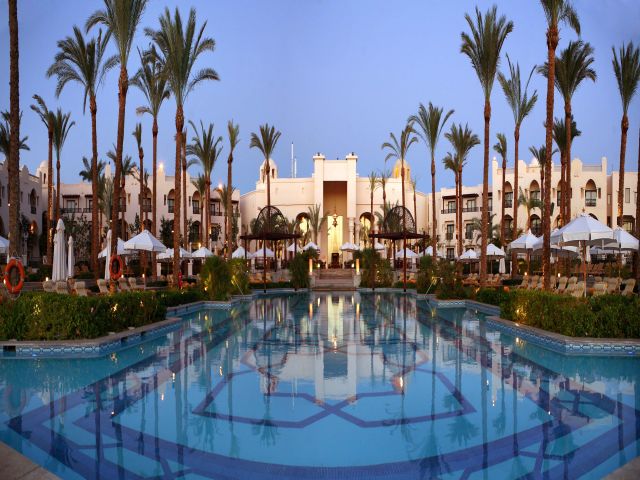

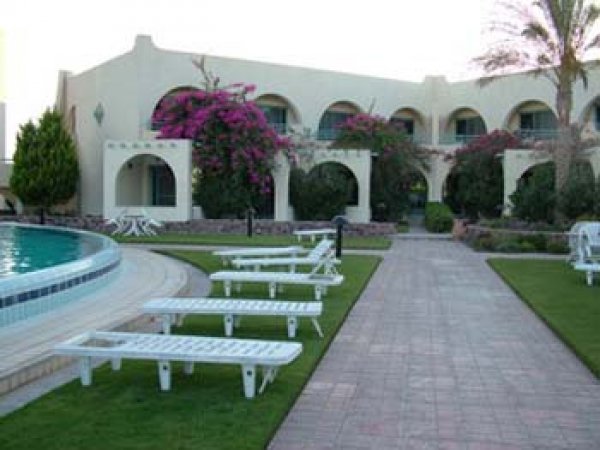

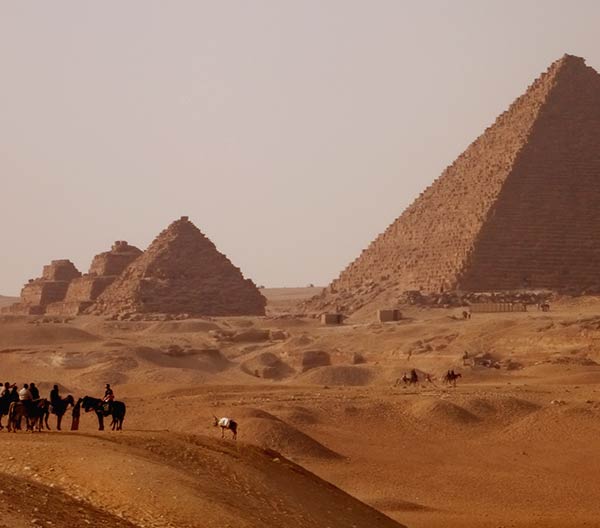


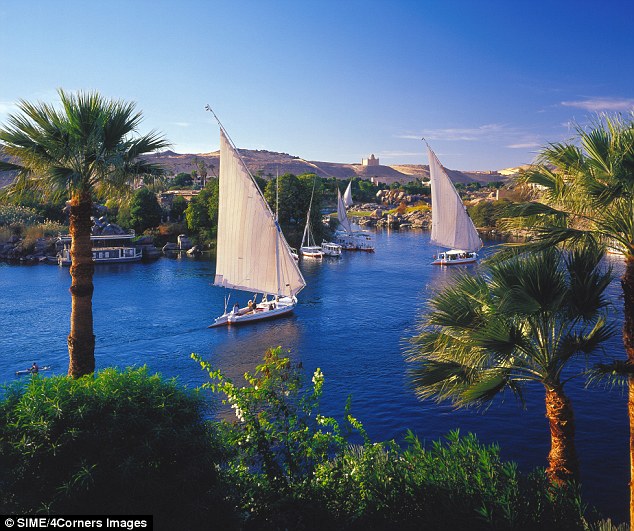

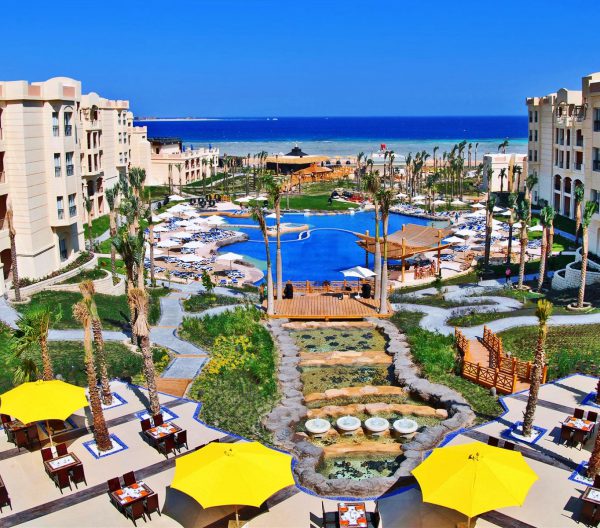


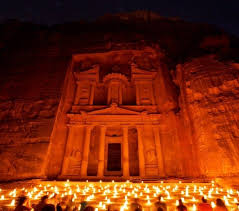

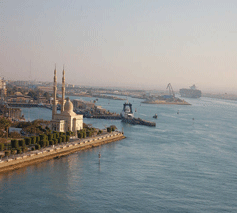



No Comments